Today’s physicians are medical scientists, drilled in the basics of physiology, anatomy, genetics, and chemistry. They learn how to crunch data, interpret scans, and see the human form as a set of separate organs and systems in some stage of disease. Missing from their training is a holistic portrait of the patient as a person and as a member of a community. Yet a humanistic passion and desire to help people often are the attributes that compel a student toward a career in medicine. So what happens along the way to tarnish that idealism? Can a new approach to medical education make a difference?
Doctors Serving People is just such a prescriptive. While a professor at Rush Medical College in Chicago, Edward J. Eckenfels helped initiate and direct a student-driven program in which student doctors worked in the poor, urban communities during medical school, voluntarily and without academic credit. In addition to their core curriculum and clinical rotations, students served the social and health needs of diverse and disadvantaged populations. Now more than ten years old, the program serves as an example for other medical schools throughout the country. Its story provides a working model of how to reform medical education in America.

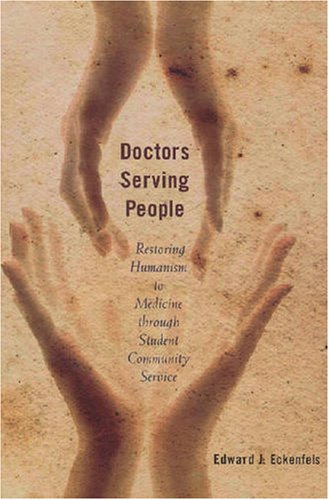
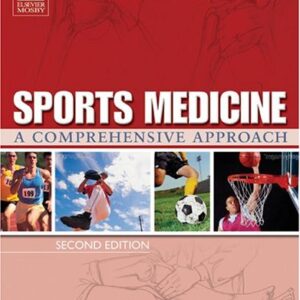
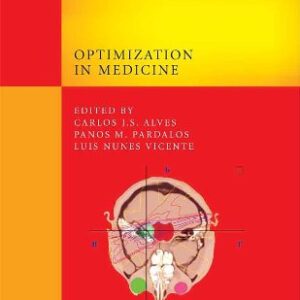
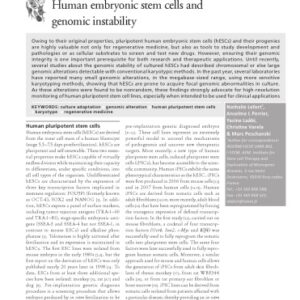
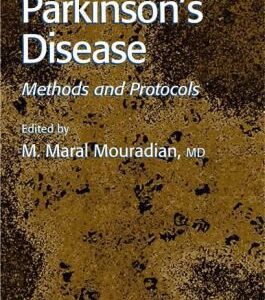
Reviews
There are no reviews yet.